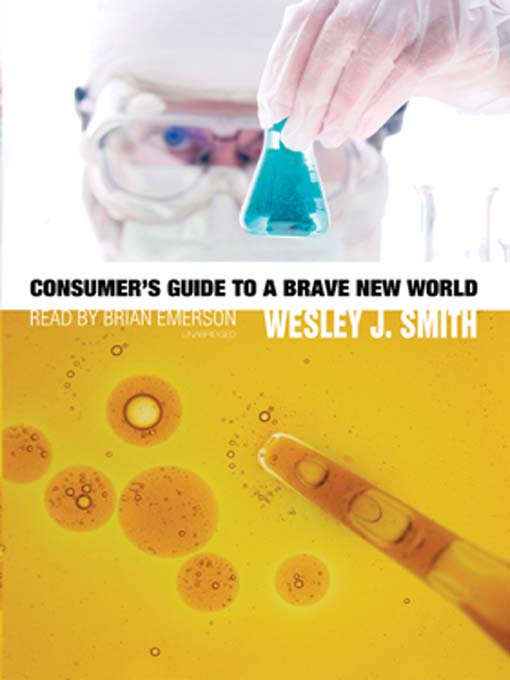What is embryonic stem cell research? Why is it so controversial? What is its relationship to human cloning? Events are moving so fast—and biotechnology seems so complicated—that many of us don't have an informed opinion about issues that are remaking the human future before our very eyes.
Now Wesley J. Smith provides us with a guide to the new world that is no longer a figment of our imagination but right around the corner. This highly readable and carefully researched book reports on the gargantuan "big biotech" industry and its supporters in science and in the universities. Smith reveals how this lobby works and how the ideology of "scientism," mixed with the lure of riches, threatens to dismantle ethical norms and compromise the uniqueness and importance of all human life.

